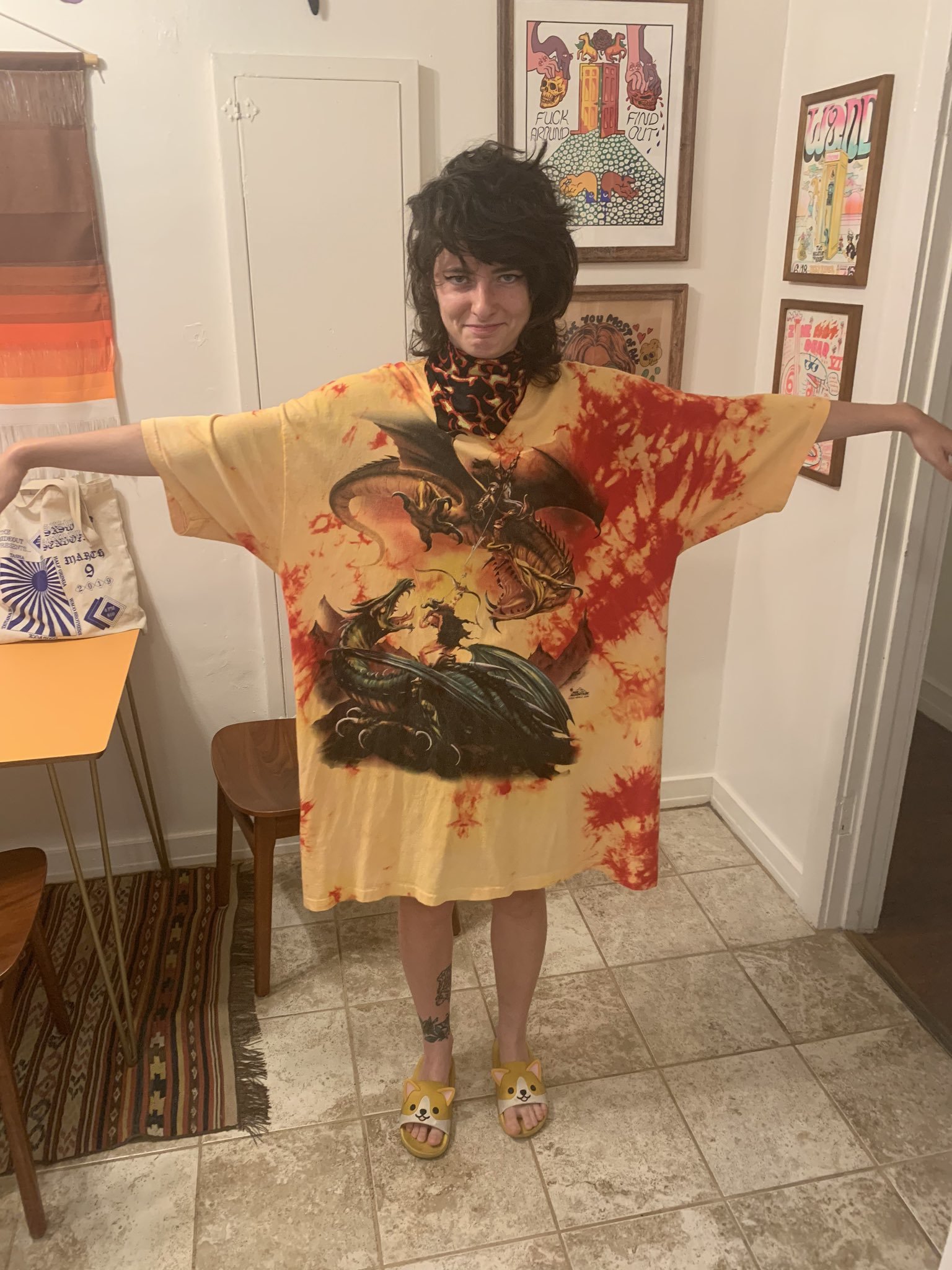Is the spread of misinformation truly harmless? The internet has become a double-edged sword, empowering individuals with access to vast amounts of information while simultaneously enabling the proliferation of falsehoods. In today's digital age, it is crucial for consumers of online content to exercise critical thinking and media literacy. A prime example of this challenge lies in claims surrounding public figures like Michelle Randolph, where fabricated narratives such as Michelle Randolph nude photos have sparked significant interest. This phenomenon underscores the importance of verifying facts before accepting them as truth.
Misinformation thrives on sensationalism, preying on human curiosity and emotions. Claims that lack credible evidence often spread rapidly across social media platforms, gaining traction through shares, retweets, and clickbait headlines. Such was the case with the rumor regarding alleged nude photos of actress Michelle Randolph. Originating from unverified sources, these allegations gained momentum without any substantiated proof. Similarly, another instance involved former First Lady Michelle Obama, whose name has been dragged into baseless rumors about compromising images. These examples highlight how easily false information can infiltrate public consciousness when not challenged by rigorous fact-checking.
| Bio Data | Details |
|---|---|
| Full Name | Michele Ann Randolph |
| Date of Birth | March 15, 1982 |
| Place of Birth | Los Angeles, California |
| Career | Actress |
| Famous For | Role in Landman |
| Social Media Followers (Instagram) | Approximately 500,000 |
| Official Website | IMDb Profile |
The distinction between misinformation, disinformation, and malinformation is essential in understanding the mechanisms behind the spread of false narratives. Misinformation refers to unintentionally shared inaccurate information, whereas disinformation involves deliberate attempts to deceive. Malinformation encompasses genuine information used to cause harm. Within the realm of Information Science, these concepts are analyzed to combat their adverse effects on society. Researchers emphasize the need for educational initiatives aimed at enhancing digital literacy among users.
A comprehensive resource addressing discourses of disinformation is The Routledge Handbook of Discourse and Disinformation. This publication provides an in-depth examination of various phenomena including post-truth politics, alternative facts, hate speech, conspiracy theories, and fake news. By offering scholarly insights, the handbook equips readers with tools necessary to discern truth from falsehood in an increasingly complex media landscape.
Snopes.com serves as a trusted reference point for debunking urban legends, folklore, myths, and rumors. As the definitive fact-checking website, Snopes employs rigorous methodologies to verify claims circulating online. Its commitment to accuracy ensures that users receive reliable information amidst the chaos of misinformation. When evaluating stories like those involving celebrities or political figures, consulting reputable fact-checking sites becomes indispensable.
Actress Michelle Randolph continues to captivate audiences with her talent and allure. Earlier this year, she posted a stunning swimsuit photo on Instagram, further cementing her status as a social media influencer. With nearly half a million followers, her presence on the platform allows her to connect directly with fans who appreciate both her professional achievements and personal moments shared online. However, even prominent personalities face challenges posed by misleading reports and speculative gossip.
In conclusion, navigating the digital world requires vigilance against misinformation. Public figures like Michelle Randolph and Michelle Obama exemplify resilience in the face of unfounded accusations. To mitigate the impact of false narratives, individuals must cultivate critical thinking skills and rely on credible sources for verification. Only through collective effort can we foster a more informed and discerning society capable of distinguishing fact from fiction.



